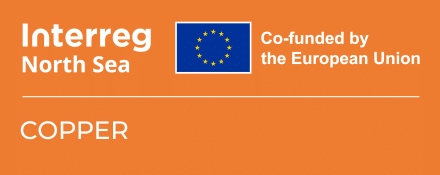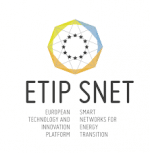Platone

The Platone project concluded its activities in August 2023. On this page, you can discover its results and key learnings.
In the effort to meet our climate targets, our energy system is transitioning towards a new configuration dominated by increasing shares of renewable energy sources and distributed energy resources. At the core of this process stand Distribution System Operators (DSOs), who will have the task to connect most of these new sources to the power grid. As neutral facilitators of the transition, the key resource for DSOs to guarantee the secure and stable operation of the power system is flexibility and digitalisation is its enabler.
Platone proposed an innovative approach for joint data management, supporting DSOs facing an increasing need for network observability and procurement of flexibility. The project developed a layered set of platforms compliant with the existing regulatory framework, called the Platone Open Framework. This allows collecting, elaborating, and exchanging data to support DSOs’, Transmission System Operators’ (TSOs) and other market stakeholders’ operation and needs.
DSOs invested in a standard, open, non-discriminatory infrastructure, to facilitate the participation of customers and aggregators in flexibility markets, reinforcing their role as market enablers and supporting smarter observability of the distribution network. Blockchain technology was integrated to ensure transparency to all market players, fostering confidence in flexibility operations. This linked the local system to the transmission domains and ultimately led to the enhancement of the overall system efficiency.
Platone placed grid users at its core, investigating their needs and expectations while unlocking their potential in the provision of flexibility and the decarbonization of our energy system. Together with its sister projects FEVER and edgeFLEX, Platone founded the FlexCommunity, a knowledge-sharing and cooperation platform aimed at facilitating the comprehensive roll-out of flexibility applications.
Hard Facts

Objectives
The project achieved its five key objectives:
-
- Unlocking flexibility to address local congestion and voltage stability.
-
- Improving grid operation through an advanced observability approach.
-
- Improving customers engagement and facilitating their fair participation in market.
-
- Supporting cooperation with TSOs.
-
- Ensuring reliable and secure power supplies in the context of increasing DER penetration.
E.DSO and DSOs
The Platone platform was tested by leading European DSOs in three trial sites in Italy, Greece, and Germany.
The Italian demo, led by Areti, implemented a complete end-to-end local flexible environment in the large metropolitan area of Rome. The trial involved a variety of users, ranging from an existing virtual energy community to a business building equipped with an electric vehicle smart parking. The trial aimed to optimize distribution grid stability, resilience, and security. This was enabled by the installation of innovative smart technology and the establishment of a real integrated flexibility market.
The Greek demo, led by HEDNO, operated in Mesogeia, near Athens, combining both mainland and interconnected islands with good penetration of renewables. The goals of the trial were optimizing the use of distributed energy resources to provide ancillary services and enabling advanced grid observability. Moreover, the demo advanced automation and controllability for increased security and resilience of the distribution system.
The German demo, led by Avacon, involved a low voltage network with high penetration of distributed energy resources serving a local community located in northwest rural Germany. The objectives of the trial were the coordination and allocation of flexibility between a local balancing mechanism and higher-level networks. The demo also aimed to effectively uncouple low and medium voltage networks by handling energy supply and export in bulk packages rather than in a real-time exchange.
In Platone, E.DSO led the DSO Harmonization work package, ensuring coordination among the three demos, with the sister projects of Platone and with the current European Regulatory Framework. E.DSO also supported the definition and assessment of the project and demo-specific KPIs for the evaluation of the project impact. Furthermore, E.DSO was actively engaged in the dissemination activities of the project, leading the organization of its Advisory Board and Final Conference “Digitalising DSOs to Unlock Flexibility”.
More Information
Contact: projects@edsoforsmartgrids.eu


